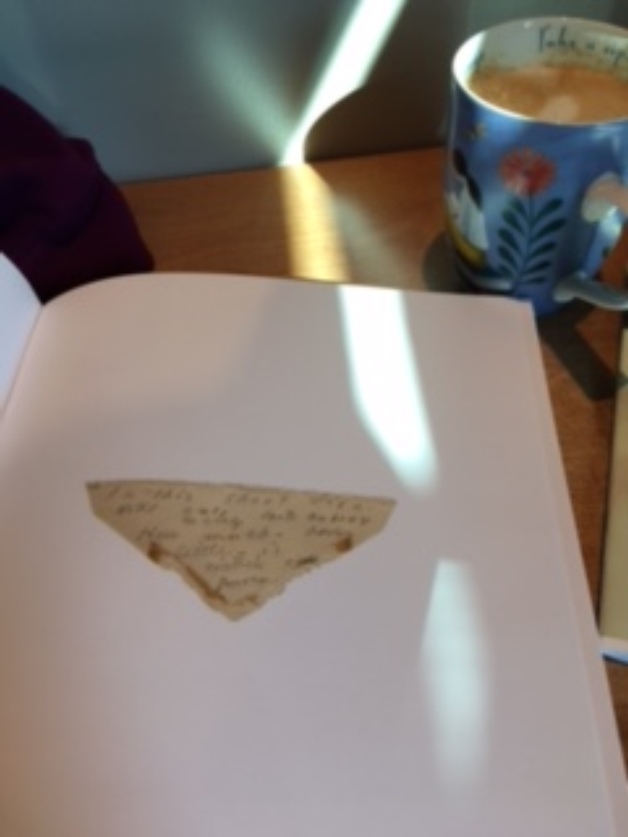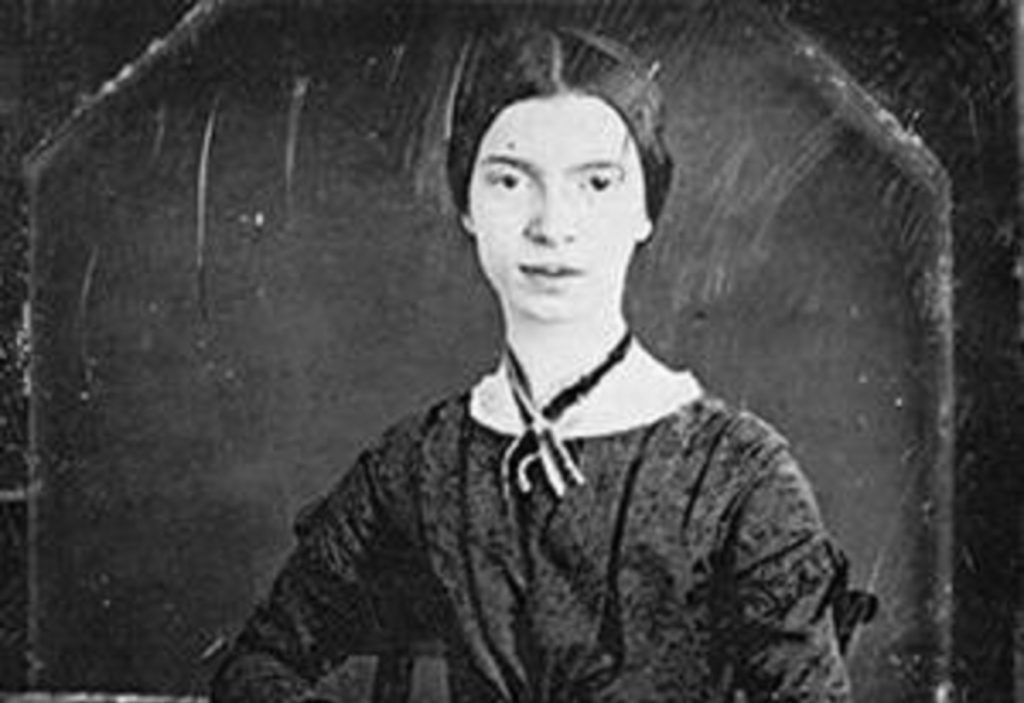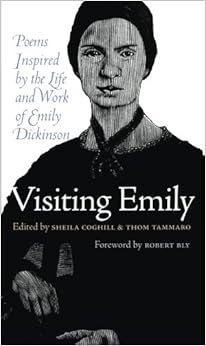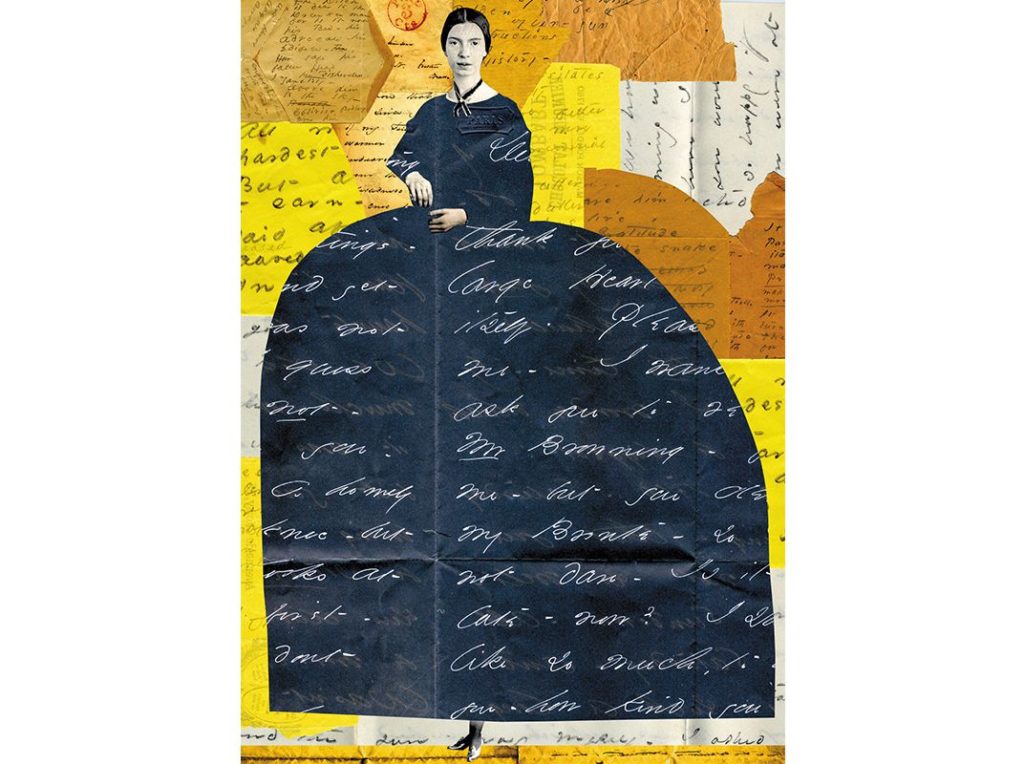The Benefits of Paying Attention
 I decided to spend the month of August browsing through, reading, and writing about Emily Dickinson because I knew that doing so would have huge benefits. And it wasn’t simply the benefit of getting reacquainted with Emily that I was after, though it was a major consideration.
I decided to spend the month of August browsing through, reading, and writing about Emily Dickinson because I knew that doing so would have huge benefits. And it wasn’t simply the benefit of getting reacquainted with Emily that I was after, though it was a major consideration.
I knew that spending a few minutes a day in this way would be like hitting my own re-set button–a way of paying close attention to the things that Emily Dickinson herself paid close attention to–
Quirky word choices
Colors & Birds & Flowers
Abrupt and unusual sentencing patterns
A fresh look at the play of light and what it might do in poetry
And of course some things that I don’t know yet that I don’t know.
Watching the eclipse with two of my daughters and my husband yesterday, at our local grade school, I was struck with the knowledge that this, too, was a poetic endeavor. We were not a racially diverse group, though the grade school generally is, we were different in configuration and (I suspect) in our political views. But for an hour we all watched the sky. Another family had eclipse glasses (lame of me not to have them, I know) and happily shared them (what a difference!). All across America–given our coast to coast solar phenomenon–people were doing the same, staring at the sky. Here in Snohomish County, Washington, we had an eclipse of only 92%, and it was surprising that so little sun could keep everything alight. But it did get a little like dusk. And the temperature dropped. Its main effect was on us, those of us watching–letting down our own guard, feeling wonderstruck and grateful to have witnessed it.
That’s what I do when I study Emily Dickinson’s poems and fragments. Not every line is a wonder (such is the effect of fame, Nietzsche’s note about his lost umbrella becomes as important as his books). But I keep looking. The attention, itself, begins to feed into the spectacle. I let down my own guard, and I let something, someone else all the way in.
I’m told that the next total solar eclipse to be visible in the continental United States will be in seven years, April 8, 2024. But poetry, that’s available every day.
My God – He sees thee – 
Shine thy best –
Fling up thy Balls of Gold
Till every Cubit play with thee
And every Crescent hold –
Elate the Acre at his feet –
Upon his Atom swim –
Oh Sun – but just a Second’s right
In thy long Race with him!
-Emily Dickinson (J1178)






